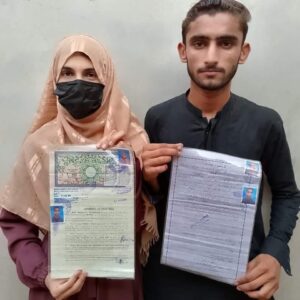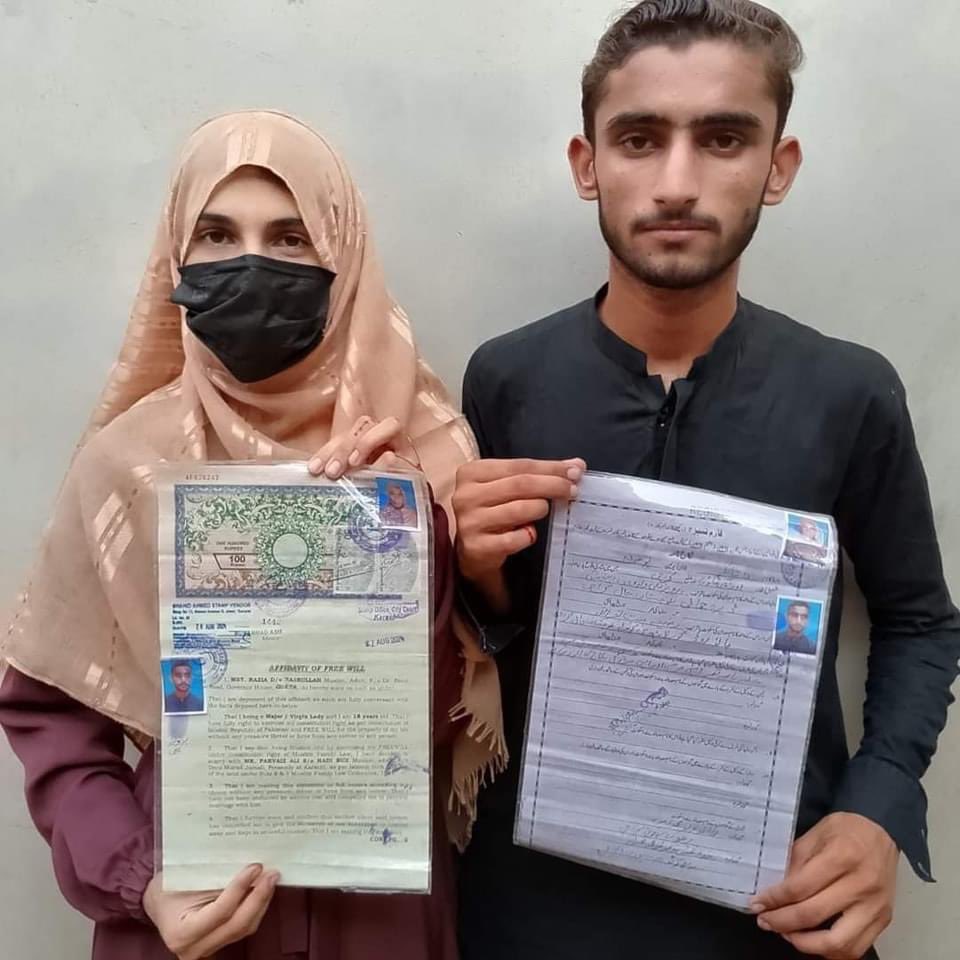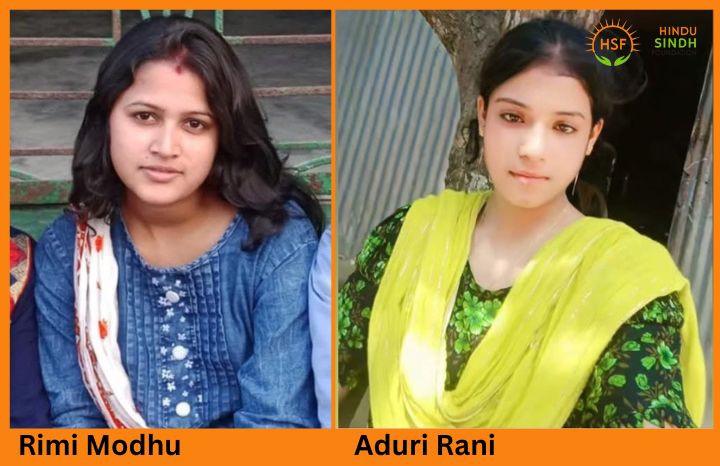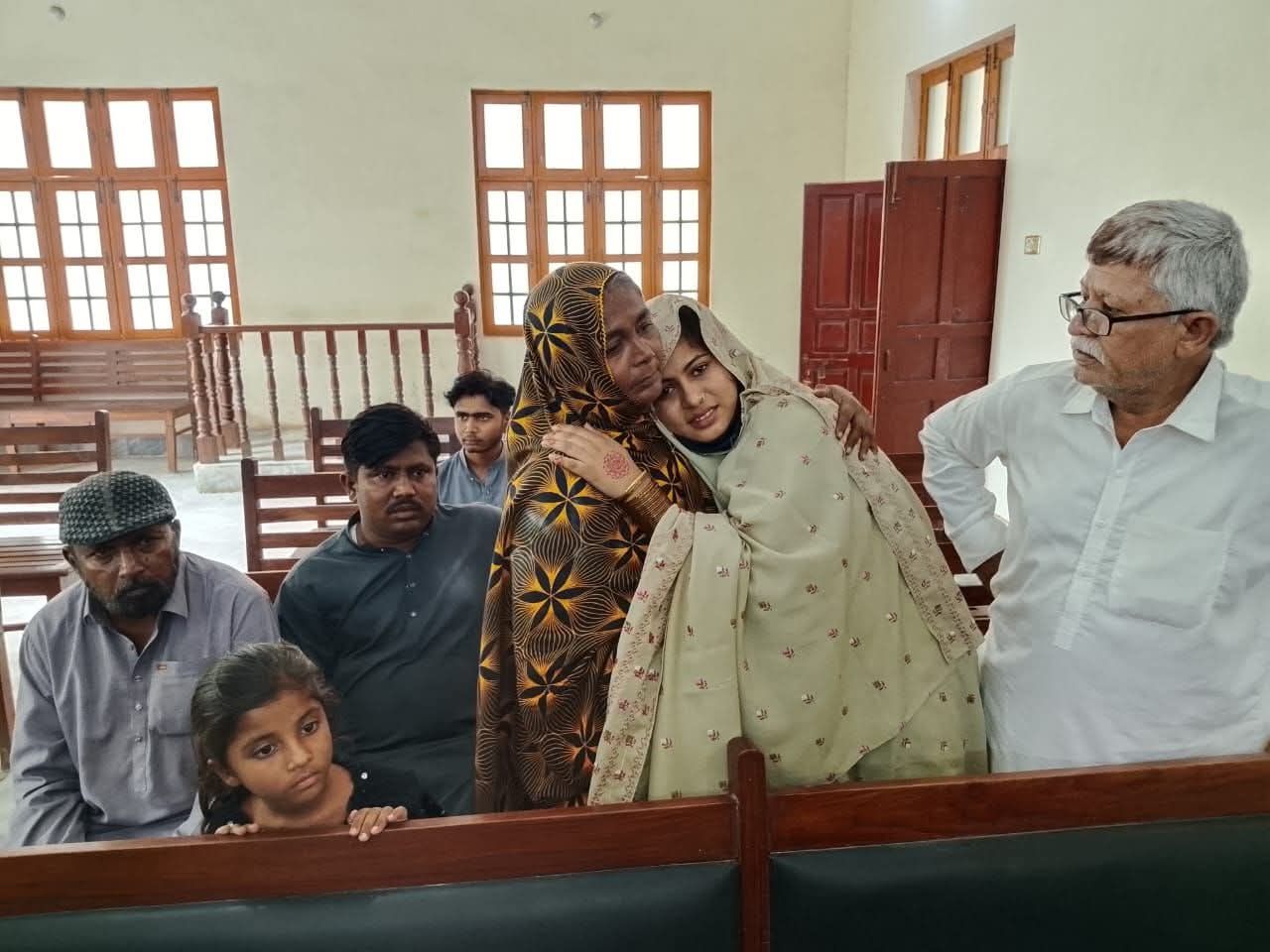Recently, the heart-wrenching case of A 14-year-old Hindu girl named Rakhi has drawn attention to the disturbing realities faced by minority communities in Sindh Pak. Rakhi was kidnapped, raped, and forcibly converted to Islam, with the alleged perpetrator identified as Mohammad Irfan. While this case is tragically unique to Rakhi, it echoes a broader pattern of religious and gender-based violence that continues to plague minority communities in Sindh, Pakistan.
The plight of Rakhi is emblematic of the systemic issues that minority women face in a society where their safety is often compromised. Hindu girls, like Rakhi, are frequently targeted due to their religion, falling victim to heinous acts of violence that are often met with indifference from the state. Reports of such abductions and forced conversions are not isolated incidents but part of a wider trend that highlights the vulnerability of minority women within a patriarchal and religiously charged environment.
As the events surrounding Rakhi’s abduction unfold, it becomes evident that the state has consistently sided with the criminals, allowing a culture of impunity to flourish. This complicity not only emboldens perpetrators but also instills fear in the families of victims, who often feel powerless to seek justice. The lack of accountability for such crimes serves as a chilling reminder of the systemic neglect faced by minority communities in Pakistan.
In response to Rakhi’s case, the Hindu Sindh Foundation has been tirelessly working to contact her family to gather more information regarding the exact details of her abduction. Their efforts underscore the urgency of addressing this issue and supporting the victims and their families in their quest for justice. However, the situation remains fluid, and the details surrounding Rakhi’s case are still under discussion, highlighting the challenges faced in obtaining necessary information and support.
The ongoing violence against minority women in Pakistan, as exemplified by Rakhi’s story, demands immediate attention and action from both local and international communities. Advocacy for legal reforms, greater protection for minority communities, and a commitment to ending gender-based violence are crucial steps toward creating a safer and more equitable society.
As we reflect on Rakhi’s harrowing experience, it is imperative to amplify the voices of those affected by such atrocities. Every case of violence against minority women is a call to action, urging us to confront the systemic issues that allow these injustices to persist. We must stand in solidarity with the victims, support their families, and work towards a future where no girl is forced to endure such a traumatic fate simply because of her religion. The time for change is now, and it is our collective responsibility to ensure that the cries for help are heard and acted upon.

For more updates and detailed coverage of this case and other issues affecting the Hindu and Sindhi communities in Sindh, Pakistan, stay tuned to Sindh Renaissance.






